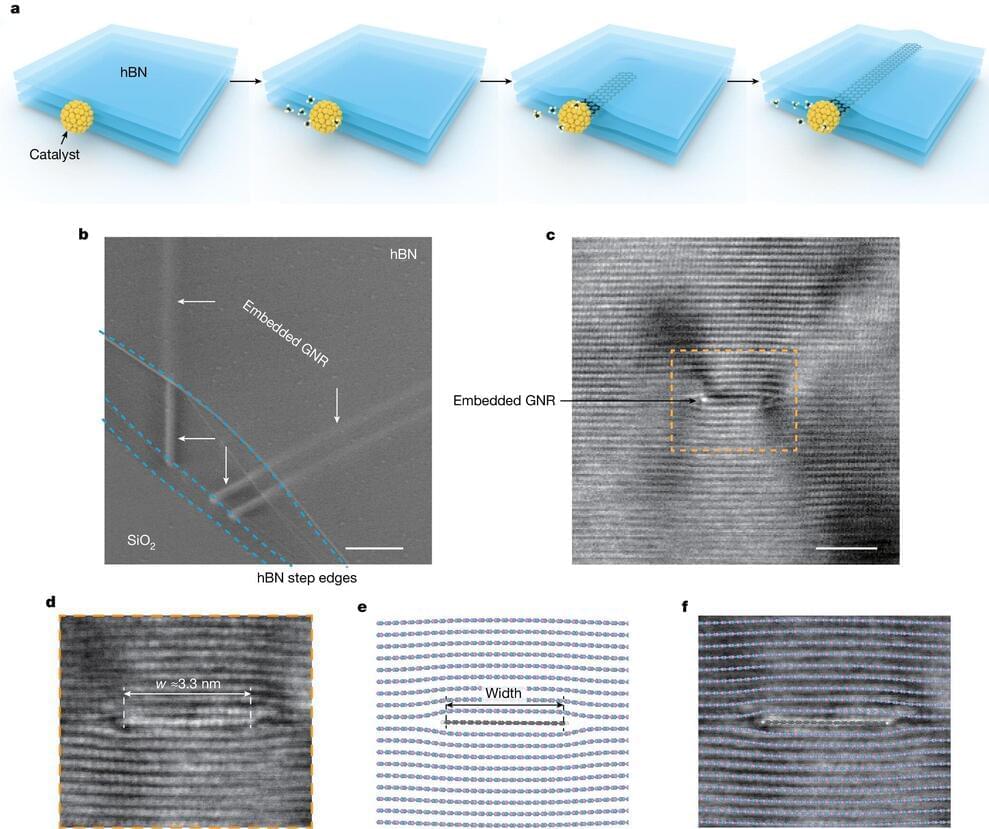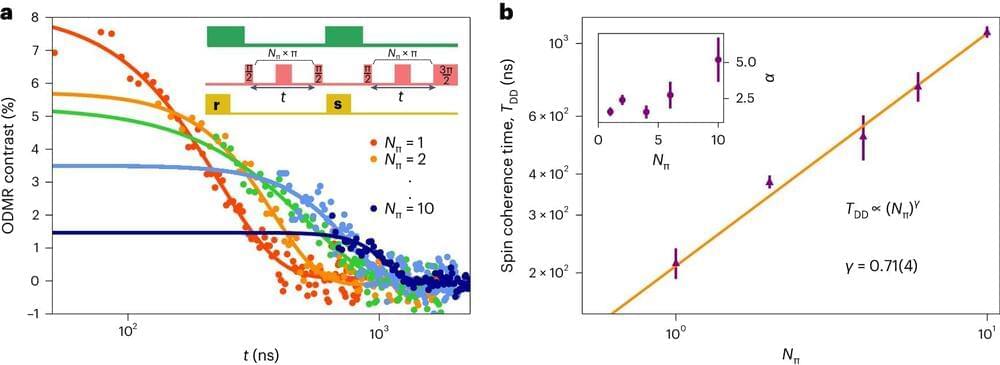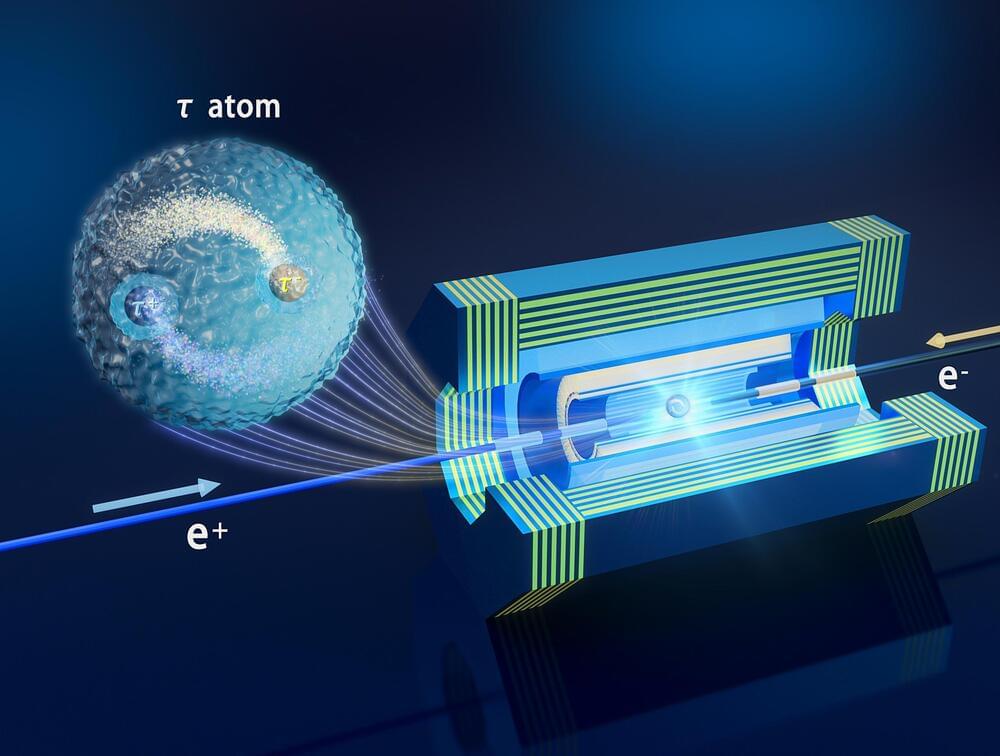Recent discoveries in quantum physics have revealed simpler atomic structures than hydrogen, involving pure electromagnetic interactions between particles like electrons and their antiparticles. This advancement has significant implications for our understanding of quantum mechanics and fundamental physics, highlighted by new methods for detecting tauonium, which could revolutionize measurements of particle physics.
The hydrogen atom was once considered the simplest atom in nature, composed of a structureless electron and a structured proton. However, as research progressed, scientists discovered a simpler type of atom, consisting of structureless electrons (e-), muons (μ-), or tauons (τ-) and their equally structureless antiparticles. These atoms are bound together solely by electromagnetic interactions, with simpler structures than hydrogen atoms, providing a new perspective on scientific problems such as quantum mechanics, fundamental symmetry, and gravity.
Discovery of Electromagnetic Interaction Atoms.








